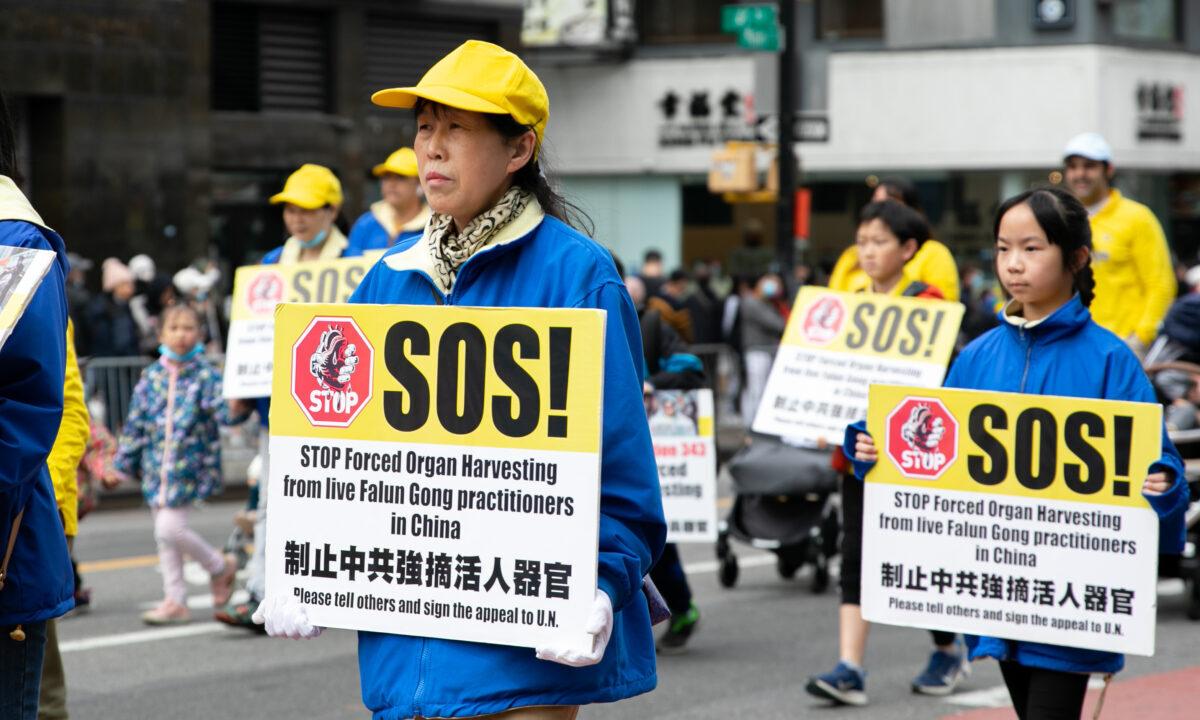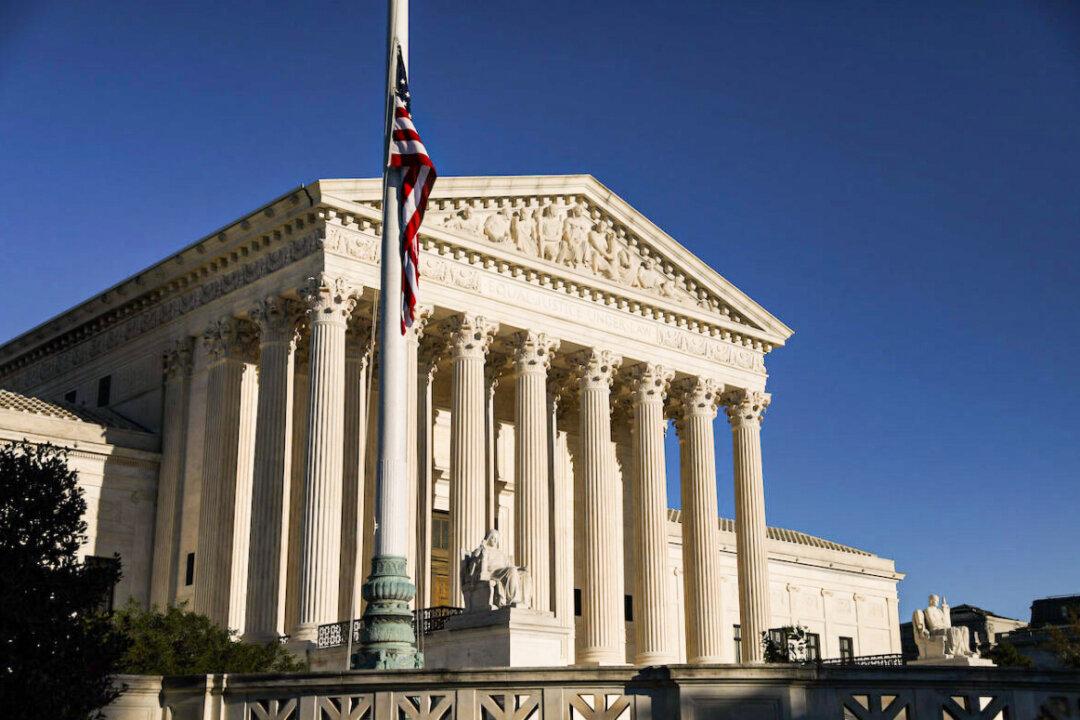The lawsuit was filed in 2015 by 13 residents of New York’s Flushing, a majority-Chinese neighborhood, against the Chinese Anti-Cult World Alliance (CACWA) in a bid to stop what they described as a six-year-long campaign that has targeted them with beatings, harassment, and death threats in their community.

“In this case, a religious group known as the Falun Gong, which originated in China, experienced persecution and harassment on American soil,” Paxton said.
The Falun Gong practitioners have sued under federal and state law, Paxton said, including “one claim that asserted that they were victims of threats or acts of violence intended to chill their First Amendment right to free religious worship.”
As the lead counsel noted, several other claims will proceed to trial regardless of whether the Supreme Court grants certiorari, or review.
The AGs are joined by Texas-based First Liberty Institute, John D. Inazu, professor of law and religion at the Washington University in St. Louis, and Washington-based nonprofit law firm Becket Fund for Religious Liberty.
Falun Gong is a spiritual practice consisting of meditative exercises and moral teachings centered on the tenets of truthfulness, compassion, and tolerance. It became widely popular in China in the 1990s. In 1999, the communist regime, perceiving that popularity to be a threat, began a nationwide persecution targeting the practice and its adherents.
‘An Issue of National Importance’
The AGs, in their amicus brief, said the ruling of a lower court dismissing the case is “wrong on an issue of national importance that stands at the center of our constitutional tradition”—namely, religious liberty.“America’s commitment to religious freedom is ‘essential.’ ... It constitutes ‘one of our most treasured and jealously guarded constitutional rights,'” the AGs wrote, quoting previous court opinions.
The Freedom of Access to Clinic Entrances Act makes it a federal crime for anyone, “by force or threat of force or by physical obstruction,” to injure, intimidate, or interfere with any person lawfully exercising or seeking to exercise religious freedom “at a place of religious worship.”

But the U.S. Court of Appeals for the 2nd Circuit in New York denied the plaintiffs the statute’s protection by narrowly interpreting the term “place of religious worship” as places “primarily” devoted to religious worship activity.
In doing so, the court “unduly narrowed a statute meant to bar the worst acts of violence in many of America’s sacred places,” the attorneys general said.
Paxton stated that the lower court’s decision had “resulted in insufficient protection of Falun Gong’s religious liberty.”

“The group started in China under a Communist regime hostile to religious pluralism,” the AGs wrote. “Many Falun Gong practitioners have thus fled to America. Yet even after coming here, Petitioners allegedly continue to face persecution and abuse from Communist sympathizers.”
Erping Zhang, a spokesperson at the Falun Dafa Information Center, said the Chinese Communist Party “could not be more wrong” for assuming it can trample on religious liberty in America.
“Religious liberty is fundamental to a free America. The Chinese Communist Party assumes it can trample on this sacred right of Americans with its overseas religious persecution campaigns,” he told The Epoch Times. “But it could not be more wrong.
“With the support of 23 attorneys general across the United States and several other high-quality briefs, the Supreme Court may agree to hear the case. Apart from that, we believe that the American legal system will deliver rightful justice in the end and protect fundamental American interests.”
The AGs who filed the amicus brief are from West Virginia, Alabama, Arizona, Arkansas, Florida, Indiana, Kansas, Kentucky, Louisiana, Mississippi, Missouri, Montana, Nebraska, New Hampshire, North Dakota, Ohio, Oklahoma, South Carolina, South Dakota, Tennessee, Texas, Utah, and Virginia.






